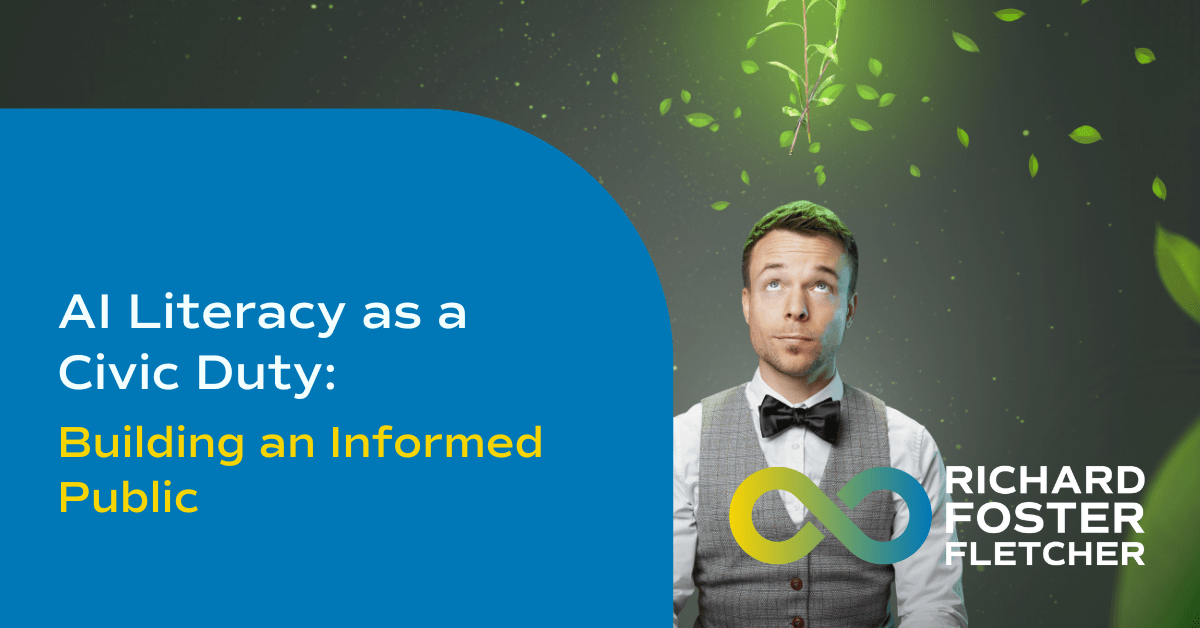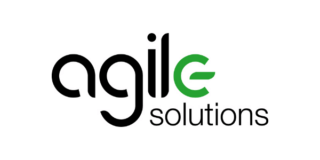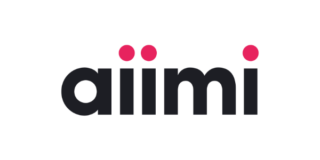
AI Literacy as a Civic Duty: Building an Informed Public

The Role of AI Literacy in Modern Society
AI literacy extends beyond the ability to use AI tools; it encompasses understanding the ethical implications, potential biases, and societal impacts of AI technologies. As AI continues to evolve, it has the potential to reinforce existing inequalities and create new ones if left unchecked. Therefore, educating citizens about AI’s ethical dimensions is crucial for fostering informed public discourse and ensuring that democratic engagement with AI policy is both meaningful and effective.
Recent research highlights the importance of integrating AI literacy into education systems. For instance, a study by the University of Eastern Finland, through its Generation AI project, demonstrates that even young students can grasp the ethical implications of AI when guided through collaborative design and exploration. This project has shown that children can recognise and evaluate algorithmic biases, highlighting the importance of introducing AI literacy at an early age (SpringerOpen). Similarly, the University of Helsinki emphasises that AI literacy should be considered as fundamental as traditional literacy, advocating for its integration into early education to better prepare students for a world where AI systems play pivotal roles in everyday decision-making (Digital Promise).
International Initiatives and Case Studies
Finland’s approach is a leading example of how AI literacy can be effectively incorporated into national education systems. The University of Helsinki’s course, “Elements of AI,” is a groundbreaking initiative that has been adopted across the EU to make AI education accessible to everyone, regardless of their background. This course has been lauded for its ability to demystify AI and encourage ethical considerations in its application. Finland’s educational model showcases how nations can empower their citizens by equipping them with the tools to critically engage with AI technologies.
In the United States, there has been a growing emphasis on digital literacy that now includes AI components. For example, the Code.org initiative, which has been instrumental in promoting coding education in schools, is now expanding its curriculum to include AI concepts, emphasising the ethical use of AI in technology development. This approach ensures that students not only learn how to code but also understand the broader implications of the technologies they create.
In the UK, similar efforts are underway, with AI education becoming a part of the national curriculum. The focus is on teaching students how AI impacts society, the economy, and individual rights, ensuring that future generations are not only consumers of AI technology but also informed critics and creators.
The Ethical Imperative of AI Literacy
The integration of AI literacy into education systems is not just a matter of technological proficiency; it is an ethical imperative. As AI systems increasingly influence societal outcomes, from healthcare to criminal justice, the potential for harm grows if these systems are not understood and scrutinised by the public. The concept of “algorithmic accountability” is gaining traction, with scholars and activists calling for greater transparency and public oversight of AI systems. However, for such accountability to be meaningful, citizens must be equipped with the knowledge to question and challenge AI systems effectively.
This need for ethical AI literacy is further underscored by the risks associated with AI-induced biases. Studies have shown that AI systems can perpetuate and even exacerbate biases present in their training data, leading to discriminatory outcomes in areas such as hiring, policing, and lending. By integrating AI ethics into national education standards, we can cultivate a generation of citizens who are not only aware of these risks but are also empowered to advocate for fairer and more equitable AI systems.
Towards a National AI Literacy Framework
Given the profound impact of AI on society, it is imperative that governments take proactive steps to incorporate AI literacy into national education frameworks. This involves more than just teaching technical skills; it requires a comprehensive curriculum that addresses the ethical, social, and political dimensions of AI. By embedding AI ethics modules alongside traditional subjects like history and mathematics, education systems can ensure that students develop a holistic understanding of AI’s role in shaping future societies.
Incorporating AI literacy into the national curriculum is not only about preparing students for the job market; it is about equipping them to participate fully in the democratic process. As AI continues to influence public policy and governance, an informed citizenry is essential for maintaining a healthy democracy. Therefore, AI literacy should be seen as a civic duty, one that is essential for safeguarding individual rights and ensuring that AI technologies are developed and deployed in ways that benefit all members of society.
Thoughts
As AI becomes increasingly integrated into our lives, the need for AI literacy grows ever more urgent. By recognising AI literacy as a civic duty and embedding it into national education standards, we can empower citizens to engage with AI technologies ethically and critically. This approach will not only prepare individuals for the challenges of the AI-driven future but also ensure that AI serves the broader goals of equity, justice, and democracy.
In summary, AI literacy is not just a technical skill but a crucial component of civic education in the 21st century. By integrating AI ethics into education, we can foster a generation of informed citizens capable of engaging with AI in ways that promote fairness, transparency, and accountability. As the examples from Finland, the United States, and the United Kingdom show, such an approach is not only feasible but also essential for the ethical development and deployment of AI technologies.
Key Questions
- How can national education systems effectively integrate AI literacy, particularly its ethical dimensions, into existing curricula to prepare future generations for the AI-driven world?
- What are the potential societal risks of neglecting AI literacy, and how might this affect democratic engagement and public trust in AI technologies?
- In what ways can businesses and policymakers collaborate to promote widespread AI literacy, ensuring that all citizens, regardless of background, have the opportunity to engage critically with AI?
Sources
- University of Eastern Finland: The Generation AI project at the University of Eastern Finland focuses on enhancing children’s understanding of AI through collaborative design and exploration of its ethical implications.
- Source: Itä-Suomen yliopisto
- University of Helsinki: The University of Helsinki advocates that AI literacy should be as fundamental as traditional literacy, integrating AI into early education to prepare students for a world where AI is pivotal.
- Source: University of Helsinki
- The Finnish National Agency for Education: Finland’s proactive approach to incorporating AI literacy into national education standards as part of a broader strategy to prepare students for the future.
- OECD AI Policy Observatory: Discusses the importance of AI literacy and ethical AI education as a key component in ensuring that AI technologies are used responsibly across different societies.
- Source: OECD AI Policy Observatory
- World Economic Forum: The WEF highlights the need for AI literacy in global education systems to ensure that future generations are equipped to handle the ethical implications of AI technologies.
- Source: World Economic Forum


Written by
Richard Foster-Fletcher
Richard stands at the forefront of ethical artificial intelligence as an AI Advisor, Author, Speaker, and LinkedIn Top Voice. He is the visionary behind MKAI.org (Morality and Knowledge in Artificial Intelligence), an initiative dedicated to fostering AI’s responsible development and application. Through his stewardship of the Boundless Podcast, Richard delves into discussions about AI inclusivity and digital ethics, contributing to a more equitable technological future. His profound insights have illuminated lecture halls at globally renowned institutions, including the London School of Economics (LSE), University College London (UCL), Oxford University, and Imperial College London, guiding the next generation of tech leaders.
Other Related Articles
AI agents have been framed as transformative tools, capable of reshaping industries and redefining workflows. ...
When working with AI tools like ChatGPT, the quality of the output often hinges on ...
When we think of creativity, we often imagine it as something inherently human—rooted in imagination, ...















